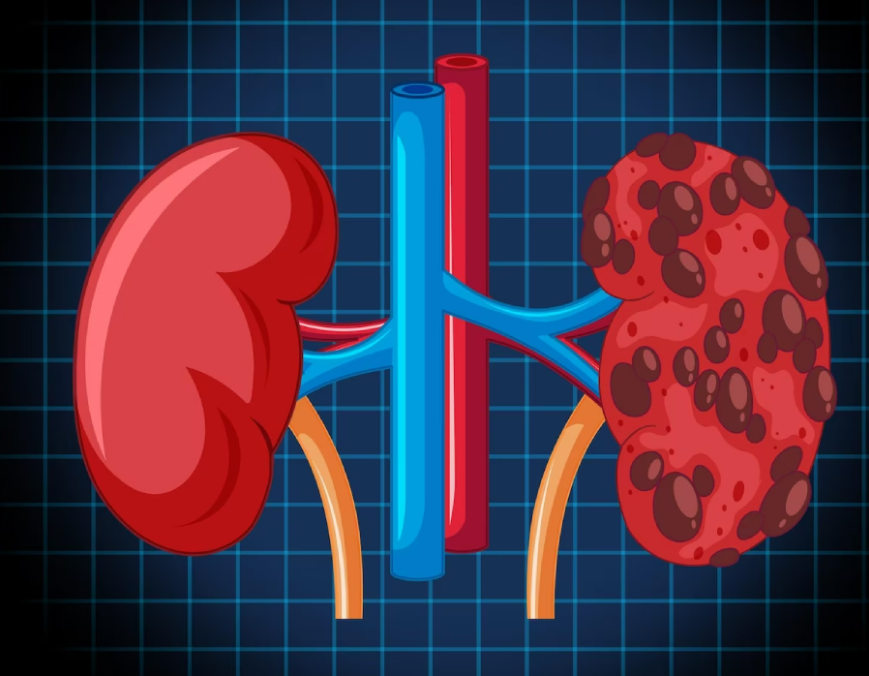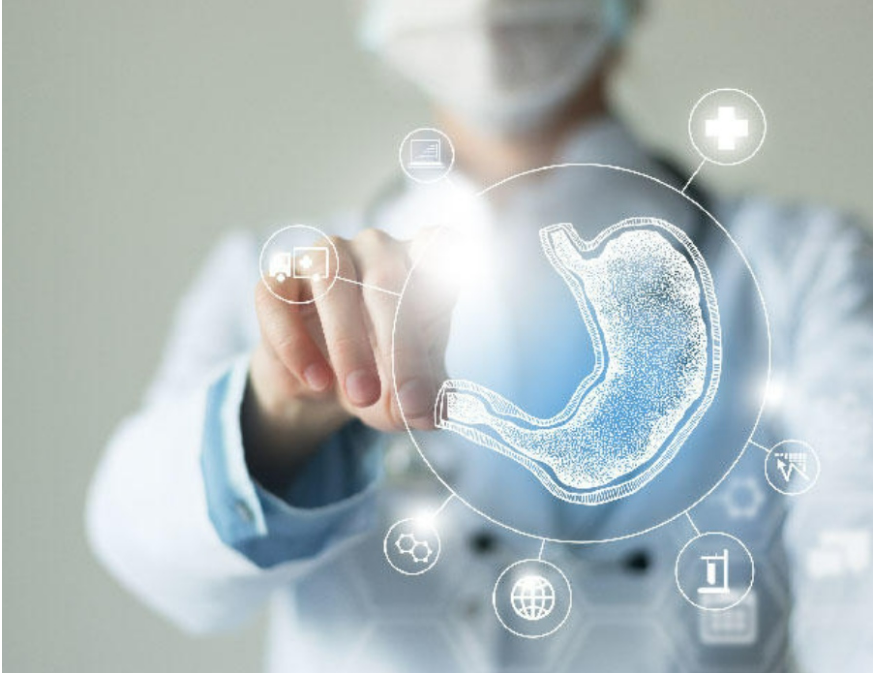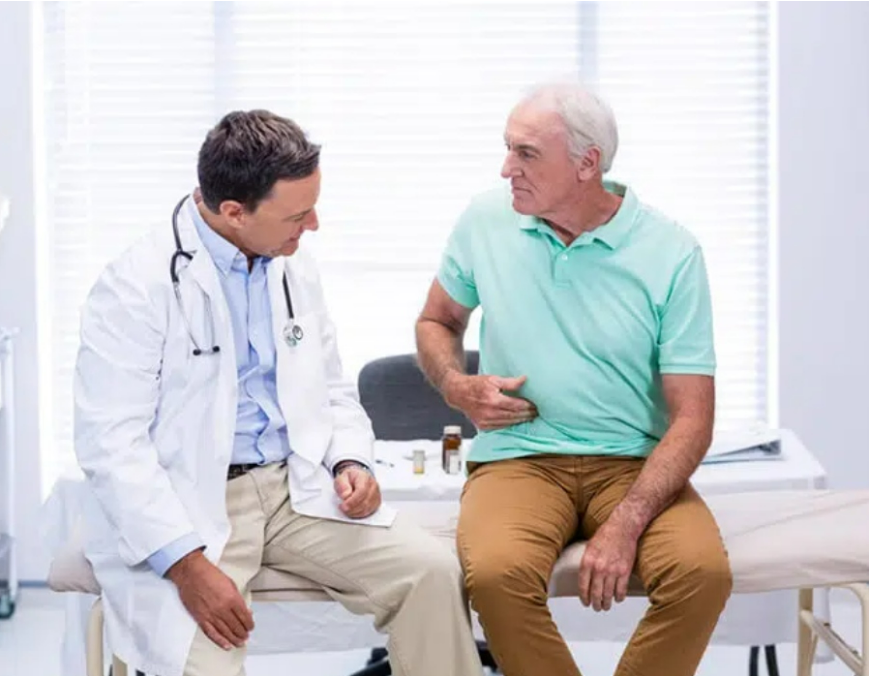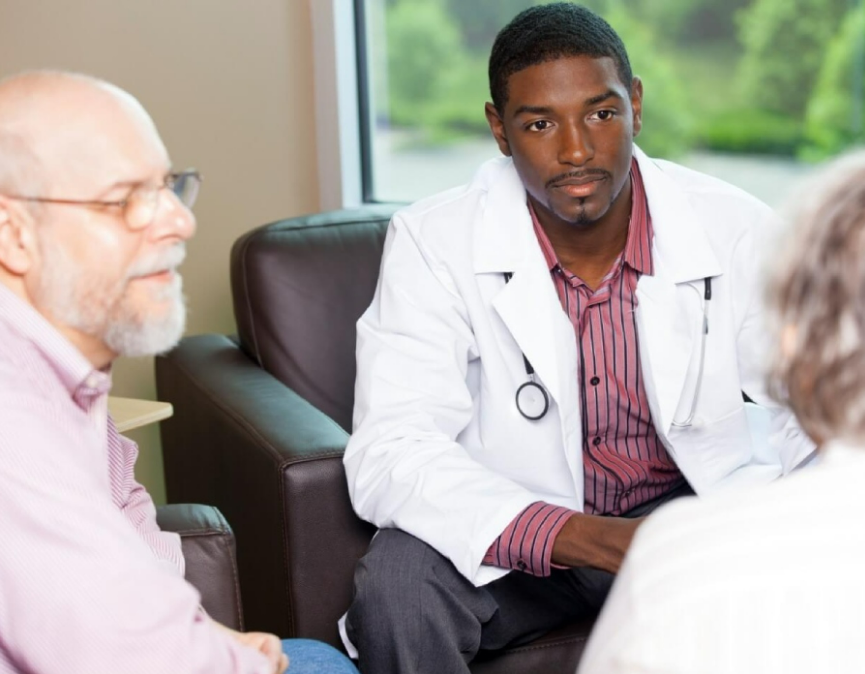- +91-9484540774
- goodlifepainclinic@gmail.com
- Vadodara, Gujarat - 390015

Kidney cancer, or renal cell carcinoma (RCC), involves the abnormal growth of malignant cells in the kidneys. Risk factors such as smoking, obesity, and genetics contribute to its development. Symptoms include blood in urine, back pain, abdominal mass, weight loss, fatigue, and fever. Diagnosis relies on imaging tests like CT scans and MRIs, along with urine and blood tests. Treatment options depend on cancer stage and type, including surgery, targeted therapy, immunotherapy, radiation, and chemotherapy. Early detection significantly improves prognosis. Timely screenings and symptom recognition play crucial roles in managing kidney cancer and enhancing patient outcomes.

Precautions and factors influencing kidney cancer risk are essential considerations in maintaining kidney health. Avoiding tobacco use, maintaining a healthy weight through regular exercise and a balanced diet low in fat and sodium, and managing high blood pressure are crucial preventive measures. Regular monitoring of kidney function, especially for individuals with a family history of kidney cancer, is vital. Limiting exposure to environmental toxins and staying hydrated by drinking plenty of water are additional precautions. Moreover, prompt treatment of conditions like chronic kidney disease and regular screenings for kidney cancer can help detect any abnormalities early, potentially improving outcomes.

Assessments for kidney cancer typically involve a comprehensive evaluation to diagnose the presence and extent of the disease. Imaging tests such as CT scans, MRIs, and ultrasounds are commonly used to visualize the kidneys and identify any abnormal growths or masses. Additionally, urine and blood tests may be conducted to assess kidney function and detect any signs of cancer, such as blood in the urine or elevated levels of certain substances. A biopsy, where a small tissue sample is taken from the kidney for examination under a microscope, may also be performed to confirm the presence of cancerous cells and determine the specific type of kidney cancer. These assessments are crucial for accurate diagnosis and planning appropriate treatment strategies tailored to the individual’s needs.

Signs and symptoms of kidney cancer can vary, but common indicators include blood in the urine (hematuria), persistent back pain or side pain that doesn’t go away, a palpable lump or mass in the abdomen, unexplained weight loss, fatigue, and intermittent fevers. Additionally, individuals may experience loss of appetite, swelling in the legs or ankles, and anemia. It’s essential to note that in some cases, kidney cancer may not present any symptoms in its early stages and may only be detected incidentally during medical examinations for other conditions. Recognizing these signs and promptly seeking medical attention can lead to early diagnosis and improved outcomes.

Evaluation for kidney cancer involves a thorough examination to determine the presence and extent of the disease. This includes imaging tests such as CT scans, MRIs, and ultrasounds to visualize the kidneys and identify any abnormal growths. Additionally, urine and blood tests help assess kidney function and detect potential signs of cancer, such as blood in the urine. A biopsy may also be performed to confirm the presence of cancerous cells and determine the specific type of kidney cancer, aiding in treatment planning.

During treatment for kidney cancer, it’s essential to follow medical instructions diligently. This typically involves attending all scheduled appointments, adhering to medication schedules, and following dietary and lifestyle recommendations provided by healthcare professionals. It’s crucial to communicate any concerns or side effects experienced during treatment promptly. Maintaining a healthy lifestyle with regular exercise, proper nutrition, and adequate hydration can also support overall well-being and enhance the effectiveness of treatment. Additionally, seeking emotional support from loved ones or counseling services can aid in coping with the challenges associated with kidney cancer treatment.

Post-treatment support for kidney cancer involves regular follow-up care to monitor recovery and manage any potential complications or recurrence. This includes scheduled appointments with healthcare providers for physical exams, imaging tests, and blood work to assess kidney function and detect any signs of cancer recurrence. Patients may also benefit from support groups or counseling services to address emotional and psychological needs arising from the cancer experience. Adopting a healthy lifestyle with proper nutrition, exercise, and stress management can aid in overall well-being and long-term recovery.

A: While kidney cancer cannot always be prevented, individuals can reduce their risk by avoiding tobacco use, maintaining a healthy weight, managing high blood pressure, staying hydrated, limiting exposure to environmental toxins, and undergoing regular screenings, particularly for those with a family history of the disease.
A: Kidney cancer can have a hereditary component, with certain genetic conditions like von Hippel-Lindau (VHL) syndrome, hereditary papillary renal cell carcinoma (HPRCC), and hereditary leiomyomatosis and renal cell cancer (HLRCC) increasing the risk.
A: Kidney cancer can be cured in some cases, especially when detected early and treated with surgery or a combination of treatments tailored to the individual’s condition.
A: While some individuals may explore alternative therapies like acupuncture, herbal supplements, or dietary changes, these methods are not proven to effectively treat kidney cancer and should be used alongside conventional medical treatments.
A: Yes, many individuals can lead normal lives after treatment for kidney cancer, especially if the cancer is detected early and effectively treated. Regular follow-up care and healthy lifestyle choices are essential.
Cancer is on a rise. Each year more than 1 crore people lose their lives to cancer. We understand that the quality of life is equally important to the quantity of life. Our treatments always keep the quality of life in focus. This has helped us achieve exceptional patient outcomes.

Pain and Palliative Specialist
MBBS from KMC, Mangalore, Manipal University
MD Anaesthesia from People's College, Bhopal
FIAPM (Fellowship in Pain Medicine)
Daradia, Kolkata
EDPM - European Diploma in Pain Medicine, Belgium

Medical oncologist and Hematologist
MBBS from UCMS and GTB hospital, Delhi
MD Radiation oncology from the prestigious KGMU college, Lucknow
DM Medical Oncology from Ramiah Medical College/ HCG Ramiah Hospital, Bengaluru
ESMO - Certified European Society for Medical Oncology